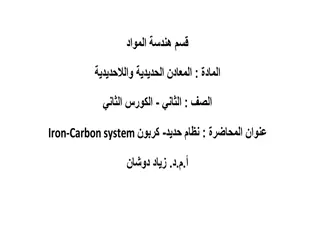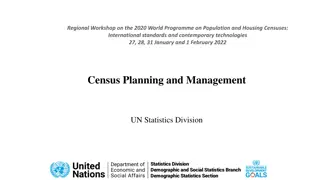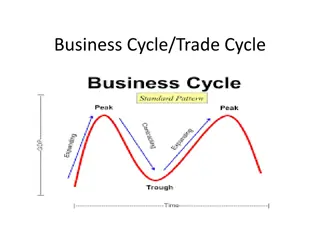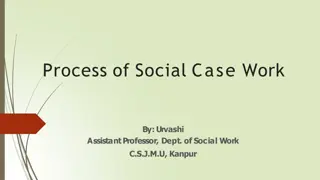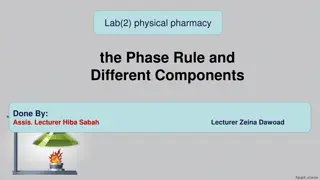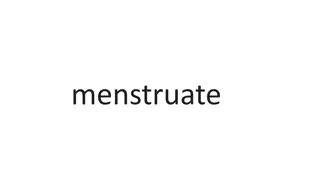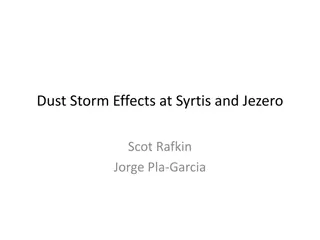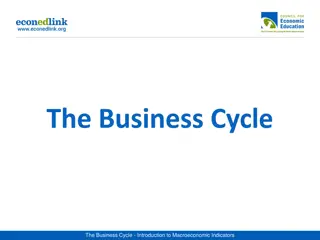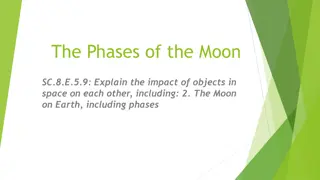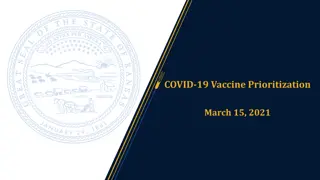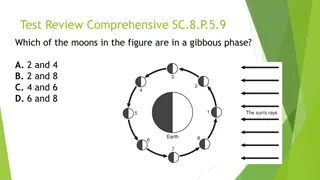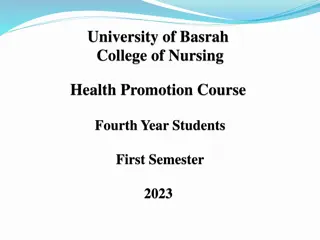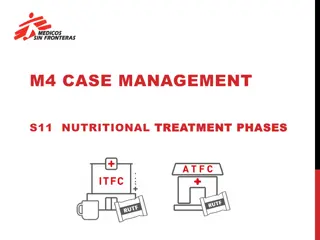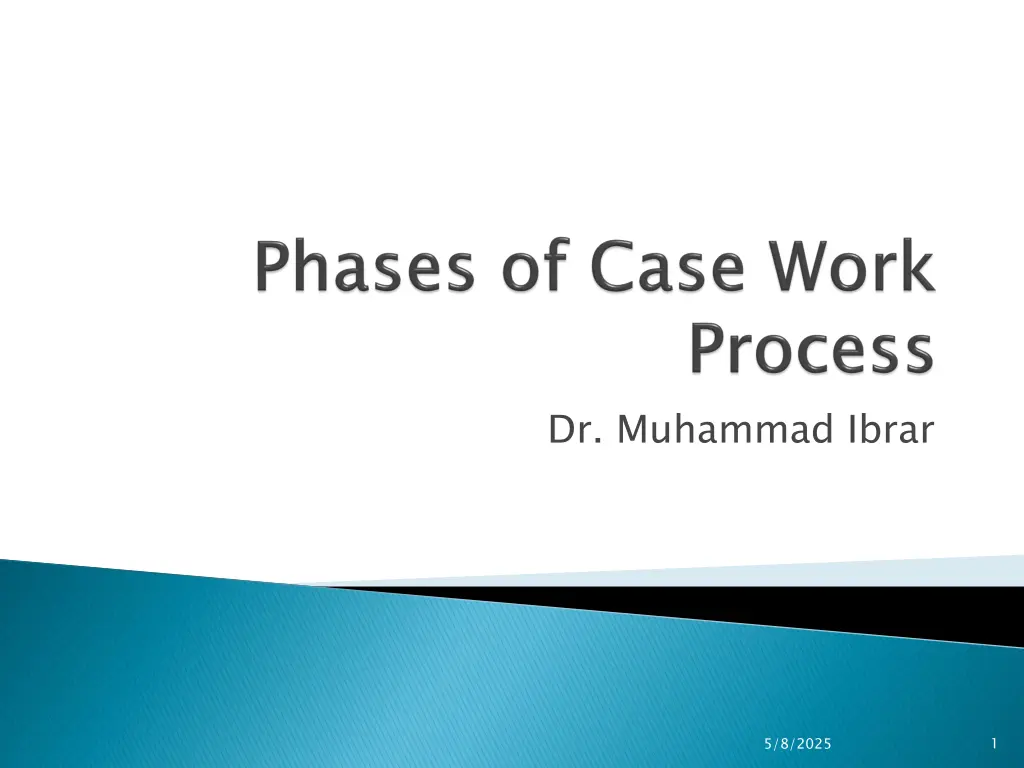
Understanding the Phases of Social Case Work Process
Explore the phases of social case work process, from social study to diagnosis and treatment, as established since Mary Richmond's groundbreaking work in 1917. Learn about collecting social history, studying the client's situation comprehensively, and making professional diagnoses for effective social work interventions.
Uploaded on | 7 Views
Download Presentation

Please find below an Image/Link to download the presentation.
The content on the website is provided AS IS for your information and personal use only. It may not be sold, licensed, or shared on other websites without obtaining consent from the author. If you encounter any issues during the download, it is possible that the publisher has removed the file from their server.
You are allowed to download the files provided on this website for personal or commercial use, subject to the condition that they are used lawfully. All files are the property of their respective owners.
The content on the website is provided AS IS for your information and personal use only. It may not be sold, licensed, or shared on other websites without obtaining consent from the author.
E N D
Presentation Transcript
Dr. Muhammad Ibrar 1 5/8/2025
Social case work process is divided into three phases: (i) Social Study (ii) Social Diagnosis and (iii) Social Treatment. These phases have been recognized since the publication of Mary Richmond s monumental study SOCIAL DIAGNOSIS in 1917. 2 5/8/2025
The first step which the case worker has to take is to collect the social history of the client. This could be done in various ways. These are: Interview with client. Interview with the relatives, employer, teacher and friends of the client. Visiting the neighborhood and environment in which the client lives. 3 5/8/2025
The study of the case means acquiring facts about the situation. It begins with intake when the client first applies to the agency for help and throughout the agency s contact with the client. The case worker is from the beginning involved in a fact finding mission. He studies in detail the nature and extent of the problem and its social and personal implications. 4 5/8/2025
From a close study of the problem, the social case worker tries to find out whether the problem is the result of personal incompetency or environmental factors or both. In getting the required information, the first and the best person to give it is the client himself and the secondary sources of information may be relatives, friends and institution etc. 5 5/8/2025
The process of study must be comprehensive and include scientific analysis of the problem in their intimate (close) with the client. The nature of the client s problem must be studied in all aspects but with special reference to causation, extent and intensity. Attention is also to be focused on the feelings and reactions of the client in relation to the problem. 6 5/8/2025
Diagnosis is the case workers professional opinion about the problem, indicating the lines of approach towards a solution. Diagnosis is a scientific, (assessment)of the needs of the client, using the relevant data available. On the basis of the study of the problem, the client s positive and relative reactions and environmental factors, the case worker makes an assessment of the client-problem situation. frank and realistic appraisal 7 5/8/2025
It is used to hold some sort of conference with the workers from different disciplines to discuss the person and his problem and a tentative diagnosis is worked out. If it is a medical case, the medical persons are invited; if it is a case of an educational institution, educationists are invited and if it is a case of mental could also be associated with the diagnosis. Sometimes other social workers are also invited to this conference. illness, psychologists/psychiatrists 8 5/8/2025
The aim of treatment in case work practice is to help adjust the client economically, socially and psychologically. Treatment depends on the willing participation of both the case worker and the client. What the case worker does, after study and understanding the problem, has been variously described as treatment, helping process, rendering services etc. Miss Gordon Hamilton has given the following classification of social treatment: 9 5/8/2025
Administration Administration of of practical practical services services: I. I. This is the oldest form of case work treatment which was formally called as the leadership type of case work and is currently referred to as administration of a social service. Here the client is helped to obtain some specific service or material assistance so as to enable example, a person may be referred to an employment service and encouraged to take a job. him to function effectively. For 10 5/8/2025
i ii i Environmental It refers to case worker s remedial efforts to reduce the stress through environmental changes so that a client may experience a more normal and healthy growth. For example person may be having normal capabilities but due to unhealthy environment, he may not be able to function properly. In this case, work for environmental improvement is required. Environmental Manipulation Manipulation (Management) (Management): : 11 5/8/2025
i iii ii Direct In direct treatment process, the focus is on the client and the case worker works directly with the person because the root of the problem may be found in the person himself. This kind of direct help is mainly psychological in nature because the problem is one of defective functioning of the person. For example, a person due to excessive feelings of anxiety, may not be able to function properly. Direct Treatment Treatment: : 12 5/8/2025
In this case, the clients reason for anxiety have to be traced and what the case worker attempts to do is to create self-confidence in the client and help him to use his own areas of strength so as to function in a healthy manner. 13 5/8/2025



